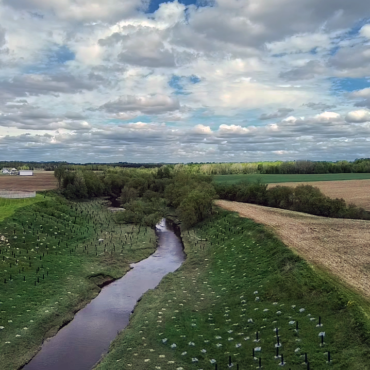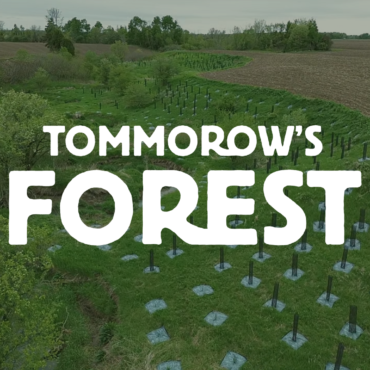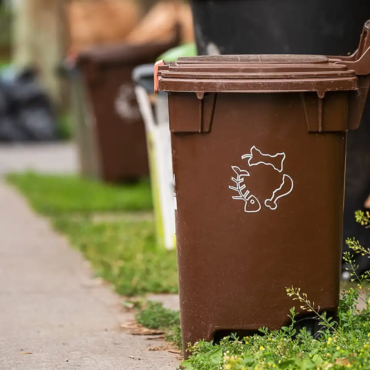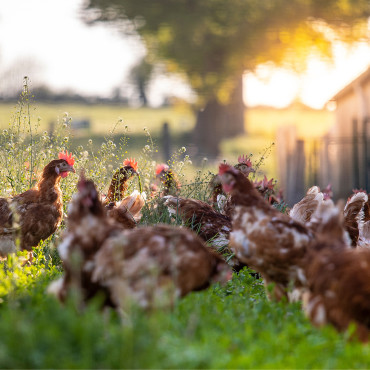Blog & News
Highlights
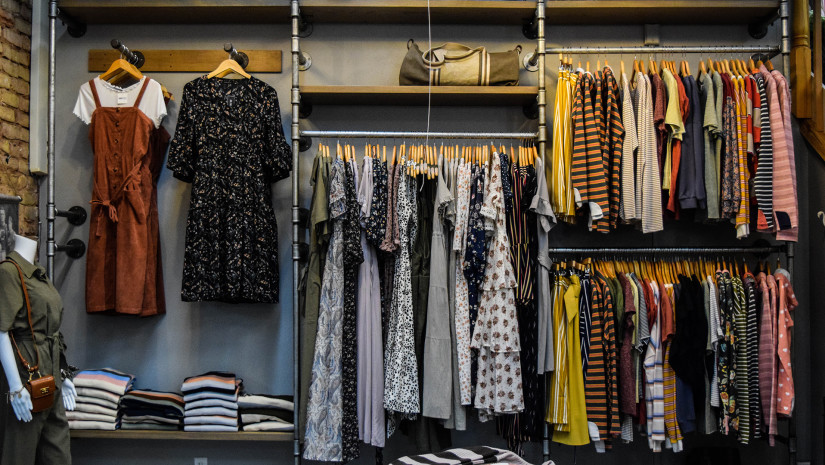
I can’t speak for you, but since the pandemic started, I know I’ve been shopping a lot more (online obviously) and have mastered the art of filling carts on multiple low-cost clothing sites. I don’t necessarily buy everything all in one shot, but I love to browse. More recently, I started questioning the impact that my consumption of clothing—which could be labelled fast fashion—has on the environment. What really happens when you buy cheap clothing from across the world?
Fashion is a polluting industry, but how bad is it?
Let’s paint a quick portrait of the industry in terms of production and worldwide clothing consumption: in 2015, 65 million tons of clothing was manufactured and that number could reach 102 million in 2030. About 64% of clothing that could still be worn is thrown out instead of being donated to a second-hand clothing store or recycled. In total, 37 kg of clothing per person is thrown out each year in Canada. And in North America, that’s 9.5 million tons of clothing per year.
When it comes to the environmental impact, the textile industry not only emits 1.7 billion tons of CO2 per year, it also uses loads of fresh water. In fact, in 2015 alone, the textile industry consumed more than 79 billion cubic metres of water. To put that into perspective, that amount of water could fill 32 million Olympic-size swimming pools! From another perspective, 2,700 L of water is needed to make a single cotton t-shirt—that’s equivalent to 900 days of drinking water for human consumption. Now, when you think of the number of t-shirts that you individually own and the number of people in the West, it’s overwhelming.
It’s also important to understand that growing the plants necessary to manufacture textiles such as rayon or viscose contributes to the deforestation of rain forests. The use of wood pulp to make these fibres contributes to the destruction of ancient forests. On the other hand, cotton is grown using large amounts of pesticides. To treat and dye the fabric, more than 40,000 different chemical products are used—many of which are carcinogenic—and they end up in the water, air and soil. Anything goes!
Speaking of water and soil pollution, one of the least visible impacts of synthetic fabric in clothing concerns microplastics. As you might know, synthetic fabrics such as nylon and polyester are made from plastic (and you guessed it—they’re not biodegradable). When clothes made from these fabrics are washed, a large quantity of plastic fibres flow into wastewater and then into the oceans. A 5 kg load of clothes releases about 6 million microfibres! When you put all of these things together (and I could go on), the clothing industry is the second most polluting industry on the planet, just after fossil fuels. Do I need to add anything else for you to go empty your shopping carts full of fast fashion clothes? Don’t worry though—there are solutions that can help you reduce your environmental impact while dressing according to your tastes and style!

How can you reduce your environmental impact when buying clothes?
First, why not shop second-hand? There are the classic second-hand stores like Renaissance (where I strongly encourage you to go donate your clothes instead of throwing them away, since this company works on social integration and operates through donations). But if you don’t enjoy rummaging through row upon row of clothing until you come across a great find, know that there are several boutiques in Montreal that sort second-hand clothes before putting them on the market. This article will give you a quick overview. There are also online thrift stores that do business on social media:
• La Garde-Robe
• Upcycli
• Bon magasinage
• Friperie Phoenix
• Ship Ta Fripe
Oh and good news—in 2013, 57% of millennials said they were willing to purchase second-hand clothing and that number rose to 72% in 2018!
There’s also another great way to refresh your wardrobe that my friends and I really enjoy: clothing swaps. The concept is simple—we meet up at a friend’s place with our bags of clothes (and a glass of wine!) and make a big pile of all the clothes in the middle of the room. Then, the host shows the pieces of clothing one by one and whoever is interested speaks up. That way, you can get rid of the clothes you don’t wear that are still in good condition AND get new clothes for FREE. You have to admit it’s really a win-win situation!

Okay, so what about when you need a specific piece of clothing that’s hard to find second-hand (like jeans!)? Well, you could always go with one of several ethical, local brands:
For basics:
• C’est beau
• Coeur de loup
For bras and underwear:
• Arako
• Addict Design
For funkier styles:
• Message Factory
• Meemoza
In conclusion, there’s no shortage of choices when it comes to Quebec fashion. Unfortunately, these choices don’t fit into every budget and sometimes you may still purchase from major chains when refreshing your wardrobe. If that’s the case, it’s better to go for natural fabrics like cotton, especially if it’s organic. You can also try to embrace slow fashion as much as possible by selecting more neutral clothes that fit your style rather than the latest trend—you’ll be able to wear them longer!
Here’s hoping you enjoy some fun—and sustainable—shopping!
Resources :
- Changing fashion, the clothing and textile industry at
the brink of radical transformation, WWF - How Your Tee-Shirt Can Make A Difference, National Geographic
- The conscious challenge, The Conscious Club (en anglais)
- Plastic Atlas, Heinrich Böll Stiftung

Coordinator – Distribution of Eco-Friendly Items
Kim Méthot
Having spent her childhood summers camping in the forests of Quebec, Kim quickly understood the interconnectedness and fragility of the environment that surrounds us. Every day, she seeks ways to reduce her impact on the planet and hopes that, by setting an example, others will follow suit. Passionate about cooking, Kim dreams one day of having her own garden in order to strive as much as possible towards food autonomy.
View all posts...Related posts :
Contact us
Earth Day Canada
5818, boulevard Saint-Laurent
Montréal (Québec) H2T 1T3 Canada
Phone : (514) 728-0116
Toll free : 1 800 424-8758
Fax : (514) 303-0248
Email: hello@earthday.ca
2025 © Earth Day Canada. All rights reserved.
Privacy policy · Terms of use · Trademark
